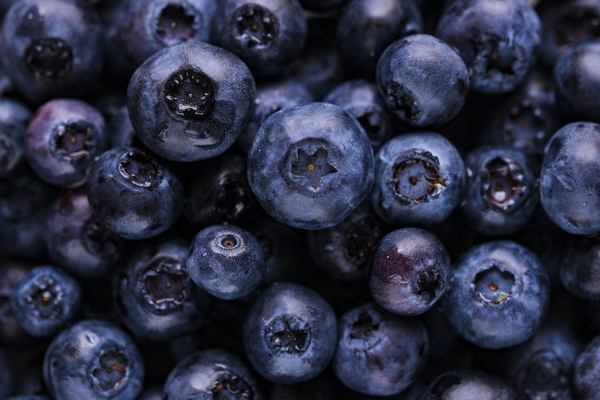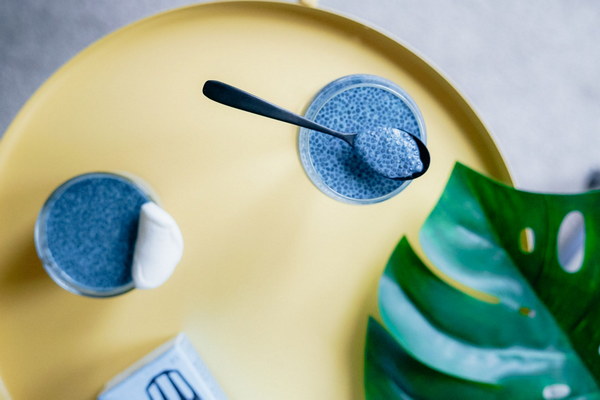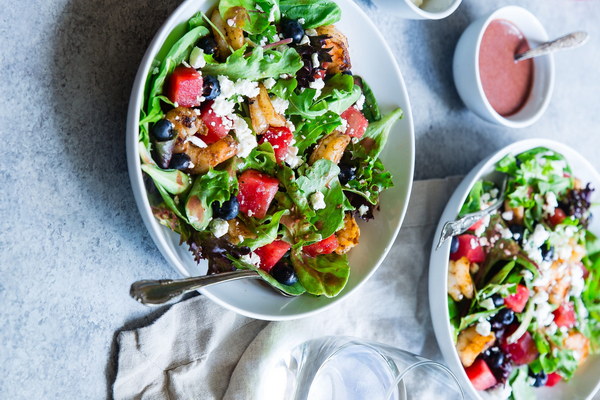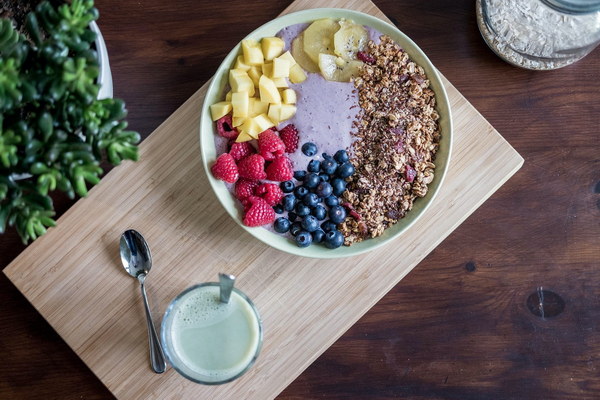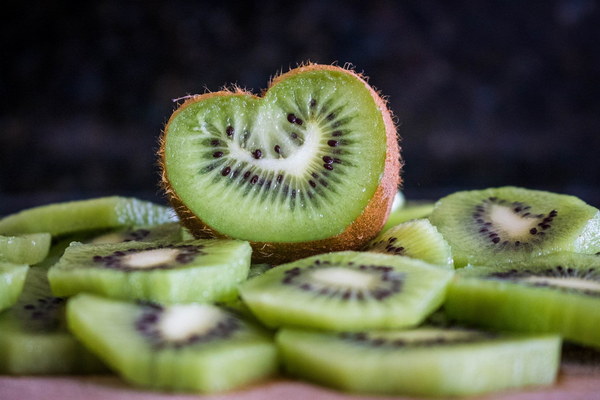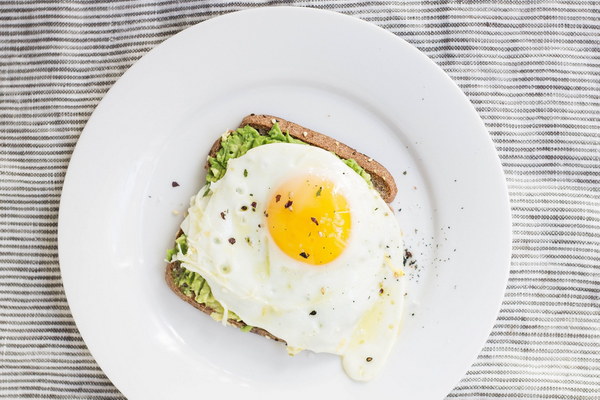Nee HaiShas Wisdom Cultivating Stomach and Spleen Health in Children for Optimal Wellbeing
In the realm of traditional Chinese medicine, Nee Hai-Sha is renowned for his profound knowledge and wisdom. One of his most valuable pieces of advice is the importance of nurturing the stomach and spleen in children. This holistic approach to health emphasizes the significance of balancing the body's internal systems to ensure optimal growth and development. In this article, we will delve into the wisdom of Nee Hai-Sha and explore practical strategies to cultivate stomach and spleen health in children.
The stomach and spleen are vital organs in the human body, playing crucial roles in digestion, absorption, and transportation of nutrients. In children, these organs are particularly important, as they are still developing and require adequate nourishment to support growth and immune function. Nee Hai-Sha emphasizes that a healthy stomach and spleen can lead to a child's overall well-being, including improved cognitive abilities, better physical health, and emotional stability.
1. Diet: A balanced diet is essential for nurturing the stomach and spleen in children. According to Nee Hai-Sha, it is crucial to include a variety of nutrients in their meals, such as proteins, carbohydrates, vitamins, and minerals. Foods rich in vitamins B, A, and E, as well as iron, calcium, and zinc, are particularly beneficial. Some recommended foods include:
- Grains: Brown rice, quinoa, and oatmeal are great sources of carbohydrates and fiber, which help regulate digestion.
- Fruits and Vegetables: These provide essential vitamins, minerals, and antioxidants, which support immune function.
- Lean Proteins: Chicken, turkey, tofu, and fish are excellent choices for providing essential amino acids and iron.

- Dairy: Milk, cheese, and yogurt are good sources of calcium and vitamin D, which are crucial for bone health.
1. Portion Control: Nee Hai-Sha advises that portion sizes should be appropriate for a child's age and activity level. Overeating can lead to digestive issues and disrupt the balance of stomach and spleen function. It is essential to teach children about mindful eating and avoid overindulgence.
1. Avoidance of Cold and Raw Foods: Cold and raw foods can weaken the spleen and stomach, leading to digestive problems. Nee Hai-Sha recommends avoiding ice cream, cold drinks, and raw fruits and vegetables until they are properly cooked.
1. Regular Meals: Establishing a regular meal schedule helps regulate digestion and ensures that the stomach and spleen receive a consistent supply of nutrients. Nee Hai-Sha suggests having three main meals and one or two snacks per day.
1. Physical Activity: Regular physical activity is vital for maintaining a healthy digestive system. It helps promote healthy circulation, which supports the spleen and stomach. Encourage children to engage in moderate exercise, such as walking, cycling, or playing sports.
1. Emotional Health: Nee Hai-Sha emphasizes that emotional well-being is closely linked to physical health. Stress and anxiety can weaken the spleen and stomach, leading to digestive issues. Encourage open communication with your child and provide a supportive environment that fosters emotional health.
In conclusion, Nee Hai-Sha's advice on cultivating stomach and spleen health in children is a valuable tool for ensuring optimal well-being. By focusing on diet, portion control, avoiding cold and raw foods, establishing a regular meal schedule, promoting physical activity, and maintaining emotional health, parents can help their children develop a strong foundation for a healthy life. Remember, the wisdom of traditional Chinese medicine is a timeless resource that can be applied to enhance the lives of children and adults alike.
